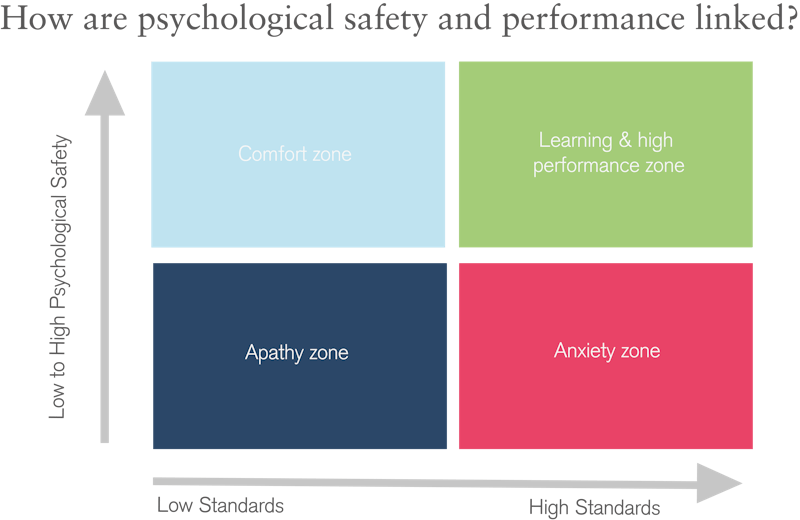The relationship between manager and employee is lop-sided.
Well, yes. So far so obvious. But we’re not talking about influence or seniority. The issue here is psychological in nature. A manager’s default position is to judge and evaluate. No matter how close the manager is to the team member, the latter is always aware that their career prospects and remuneration — the very things that fulfil and feed them — are dependent on the former. Consciously or not, an employee will base the way they behave on this precept. Did I say that in the right way? Do I look the way I’m expected to look?
HR professionals know this better than anyone. They get to see the relationship between manager and employee from their own unique perspective. And we don’t need to be talent managers or HR directors to know that relationships with inherent bias are unhealthy. You couldn’t build a successful marriage or friendship along those lines, nor would you want to. A constructive relationship needs to come from a place of psychological safety.
Google led the way with their now-famous Project Aristotle: an extensive look into the factors that produce the highest-performing teams. Their research found that no single element affected team dynamics more strongly than psychological safety. For people to really achieve together, they needed to trust each other and be secure about their place within the team. It didn’t matter what the group’s idiosyncrasies were: they might be calm speakers or loud voices; they might socialise together or only meet in the office. The point was that the strongest teams consistently had a shared belief that they could take risks with each other. The members knew that they wouldn’t be ridiculed or rejected for sharing their opinions.

So that brings us to our latest webinar, featuring as its guest star coach, wellbeing expert, author and — incidentally — Advanced Clear Review’s new head of Performance and Wellbeing, Natasha Wallace. Natasha has had an incredible career as both HR director and performance coach, and we’re extremely proud to be working with her. In this webinar, she shares the crucial psychological drivers that produce a culture of anxiety, across business in general and the appraisal and evaluation system in particular. In the process she draws on sources and examples as diverse as Google, the theories of education and the influence of social media.
As well as Natasha’s wisdom, we’re also delighted to be joined by Lynn Rodgers to share her insights. Lynn was a key part of the team which successfully delivered a cultural transformation project at CYBG/Virgin Money, working with Advanced Clear Review to ditch annual appraisals and implement regular conversations and a real-time feedback performance model.
Please do enjoy the webinar and feel free to share your own thoughts and experiences in the comments section. We’d also love to hear from you if you have any thoughts on what you’d like us to cover next: you can reach out to us by email, on Twitter or via Linkedin.
Appraisals, Anxiety and Psychological Safety: The Future of High Performance.
Watch webinar now!If that’s just not enough for you,
- A look at Project Aristotle, Google’s search to uncover the chemistry behind high-performing teams, from Charles Duhigg at the New York Times. Read more here. It’s a long read, so set 30 – 40 minutes aside for this.
- “How to manage pay with Continuous Performance Management”, an eBook that examines the question we’re asked perhaps more than any other here at Advanced Clear Review. Download it free here.
- Natasha Wallace’s new book, “The Conscious Effect: 50 Lessons for Better Organizational Wellbeing” is available for pre-order now.



